
What is Japan Radio Mic Certification?
Mic certification is Japan's system for certifying wireless devices, administered by the Ministry of Internal Affairs and Communications (MIC). This certification is mandatory for wireless devices sold and used in the Japanese market, ensuring compliance with technical regulations and standards. The purpose of mic certification is to guarantee that wireless devices meet Japanese regulations and standards regarding radio frequency usage, electromagnetic compatibility, and device performance, ensuring safety and reliability while avoiding interference with other radio devices.
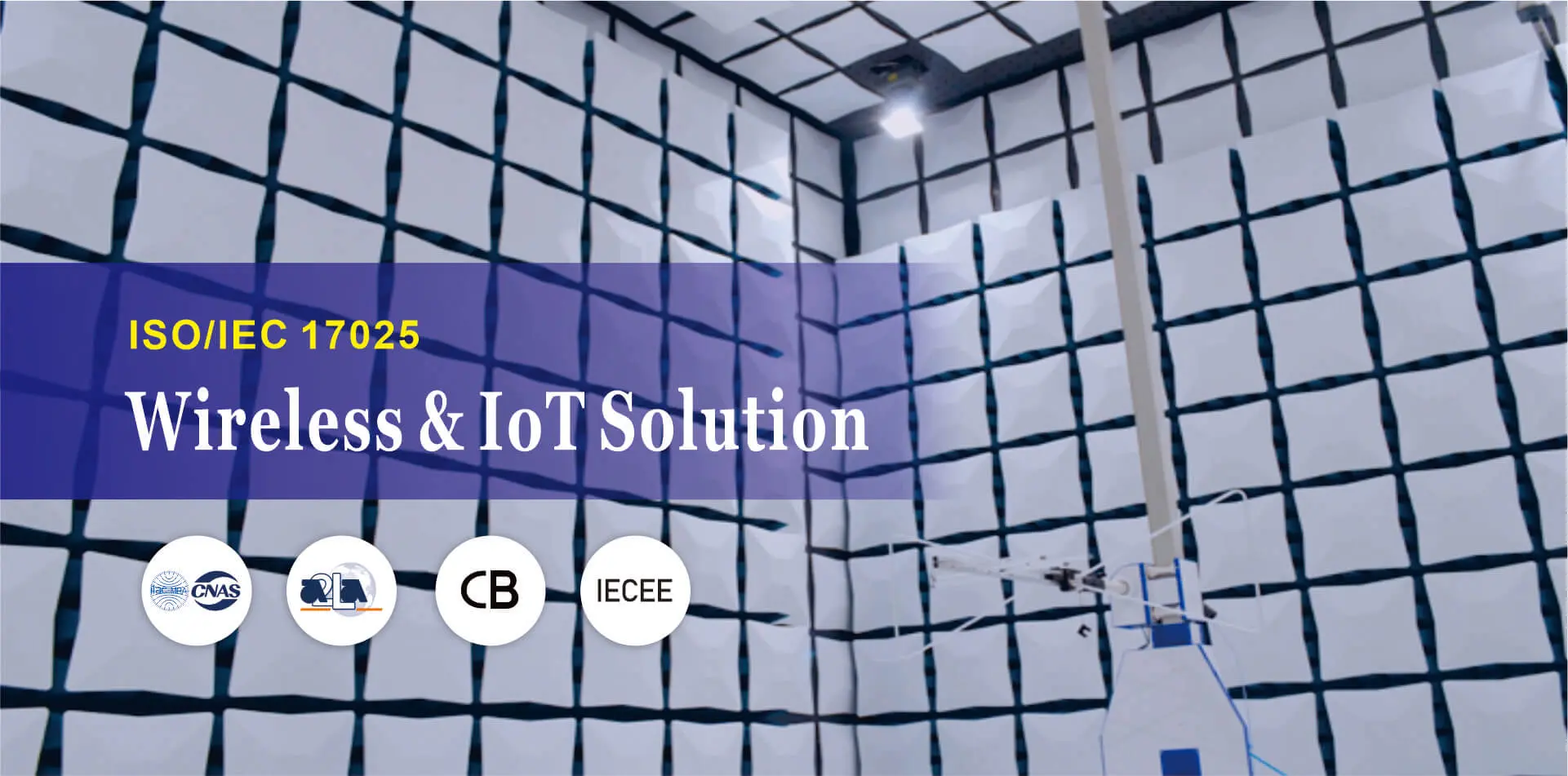
When applying for MIC certification, companies must prepare relevant technical documents and test reports, submitting them to certification bodies for evaluation and review. The certification bodies will scrutinize the submitted materials and conduct necessary tests on the devices to ensure compliance with MIC certification requirements.
The process for obtaining MIC certification involves:
1. Document preparation: Companies need to prepare relevant materials such as product specifications, technical specifications, circuit diagrams, and test reports, ensuring completeness, accuracy, and consistency for comprehensive evaluation by certification bodies.
2. Application submission: Prepared documents are submitted to MIC certification bodies along with the required certification fees. It's crucial to ensure that all documents meet the certification body's requirements to avoid rejection or delays.
3. Product testing: Certification bodies rigorously test submitted products to ensure compliance with Japanese regulations and standards. Testing may include electromagnetic compatibility testing, wireless performance testing, and safety performance testing, among others. Test results directly impact certification approval.
4. Review and certification issuance: Certification bodies review test results, and if the product passes review, they issue MIC certification certificates and marks. This signifies that the product meets Japanese market requirements and can be sold and used in Japan.
The MIC certification process typically takes around 2 months, with a validity period of 5 years. During this time, if significant changes or issues arise with the product, recertification may be necessary.
MIC certification costs vary depending on product type, functionality, complexity, and certification body. Typical fees include application fees, testing fees, and factory inspection fees. For wireless products like Bluetooth headphones, routers, and tablets, certification costs can range from approximately $2000 to $7000 USD. Additionally, there may be extra fees for adding additional models to a certification certificate.
MIC certification is mandatory according to the Radio Wave Act, requiring compliance with MIC-approved technical regulations for the production, sale, and operation of wireless devices. Certification bodies are registered by MIC within specified ranges of wireless devices.
Products covered by MIC certification include wireless RF products such as Bluetooth, ZigBee, WiFi devices, as well as some information technology products like desktop computers, servers, laptops, routers, and mobile devices such as smartphones and tablets, among others.
More:Japan JATE certification | Japan Telec Certification | Japan's METI Registration | Japanese PSE Certification | Japan's VCCI certification
Email:hello@jjrlab.com
Write your message here and send it to us
 ASTM D4169 Drop Test
ASTM D4169 Drop Test
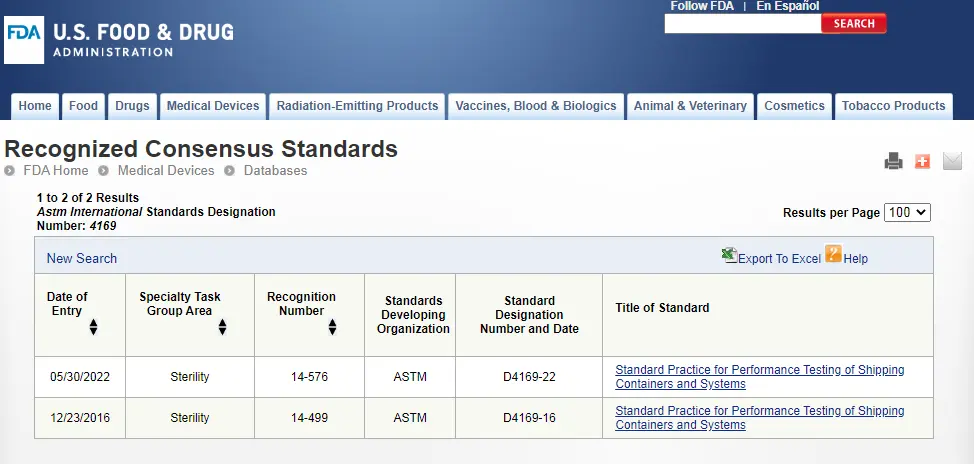 ASTM D4169 Packaging Simulation Transportation Tes
ASTM D4169 Packaging Simulation Transportation Tes
 What is ASTM D4169 Testing?
What is ASTM D4169 Testing?
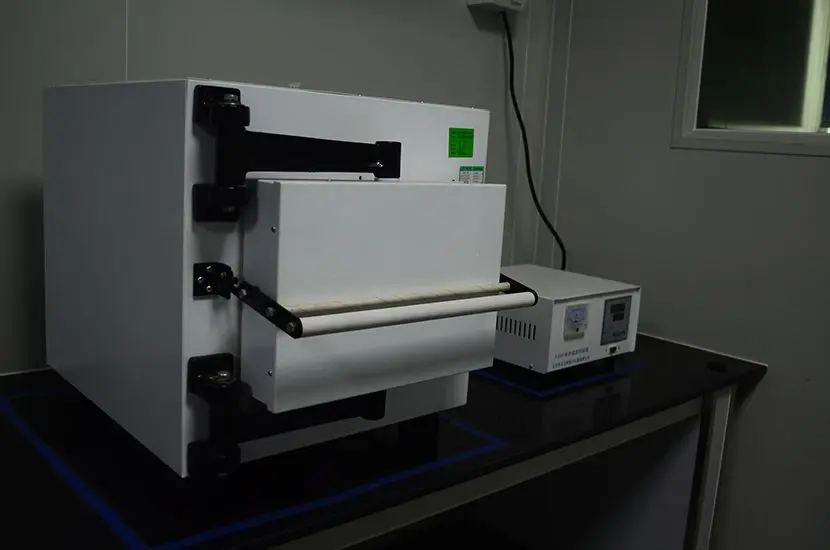 ASTM D4169-23 Test Standard Revision
ASTM D4169-23 Test Standard Revision
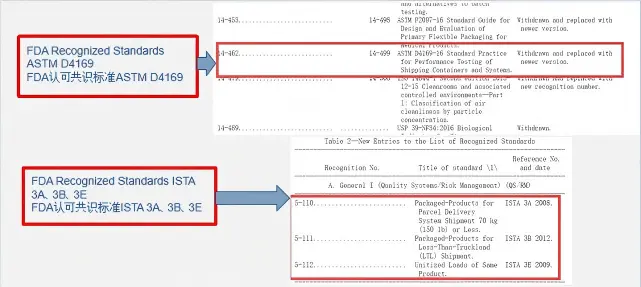 Transport Simulation Testing for Medical Device Pa
Transport Simulation Testing for Medical Device Pa
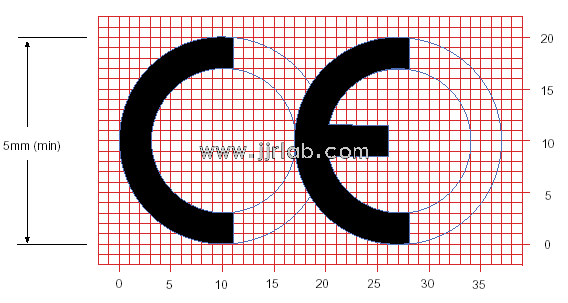 EU CE Certification Guidelines for Lighting Fixtur
EU CE Certification Guidelines for Lighting Fixtur
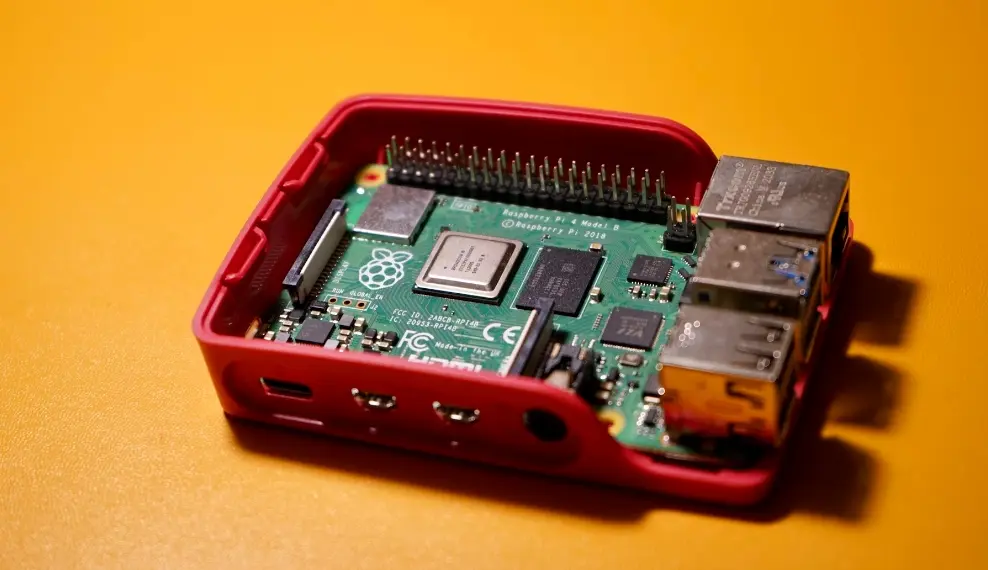 Lithium Battery Export: CB Certification & IEC
Lithium Battery Export: CB Certification & IEC
 How to Apply for One FCC Certificate for Multiple
How to Apply for One FCC Certificate for Multiple
Leave us a message
24-hour online customer service at any time to respond, so that you worry!




